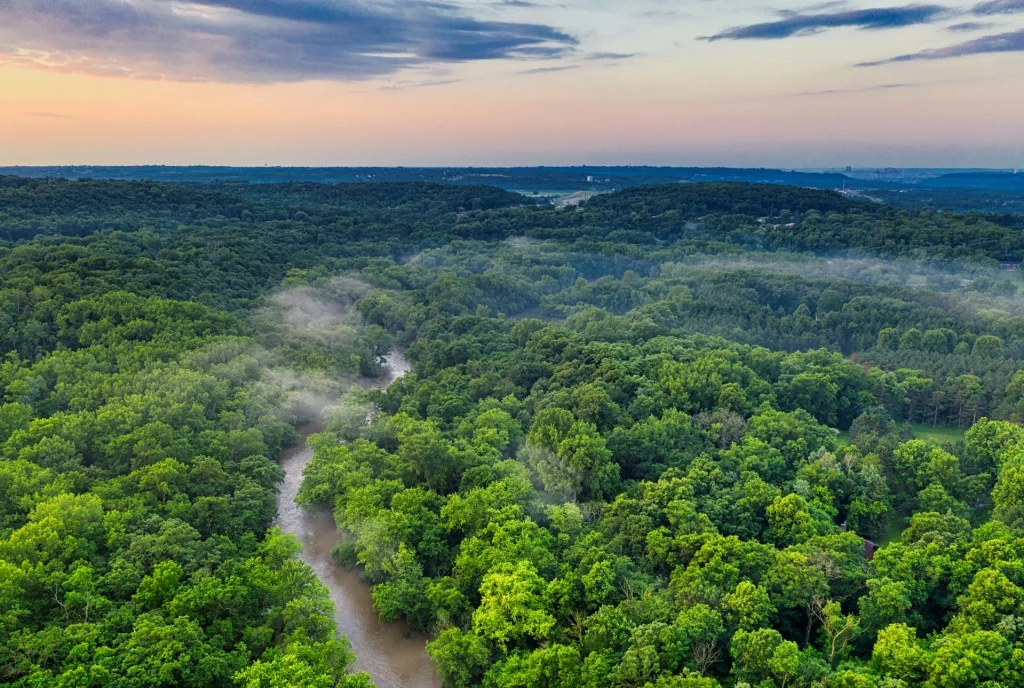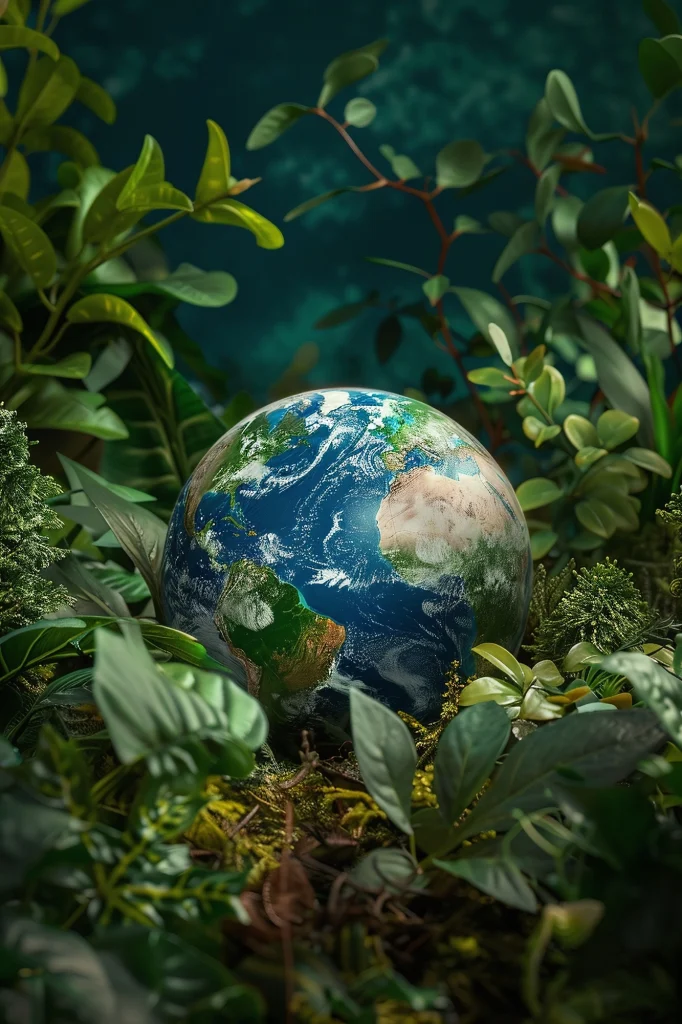Yenny Vega Cardenas, Ph.D., Lawyer & President OIDN
Embracing Nature's Rights

In essence, the legal personhood is the institution that defines whether an entity or being is a subject of law. If we consider an entity to be a subject of law rather than an object, it follows that it has certain rights that are explicitly recognized. Consequently, it can be said that human beings are endowed with legal personhood, which allows them to be recognized as subjects of rights. Such rights include the right to life, health, and freedom of speech, for instance. It is also worth noting that legal personhood has been extended to societies of persons, thereby creating a distinct entity separate from those who created it. This institution, corporation, or entity is entitled to the rights that the law recognizes.

Rights of Nature
Earth Jurisprudence
Ecological Law

In recent times, the concept of legal personhood has been extended to include natural entities such as rivers, mountains, and even forests and jungles. Consequently, they have been bestowed with certain inherent rights, including the right to preservation, maintenance, and restoration.
Furthermore, legal persons such as children and entities (corporations and natural elements) may be represented before courts and in any decisions that can affect their rights.
Mother Earth
Recognition
Respect
On the other hand, in indigenous epistemology, it is recognized by a multitude of ancestral cultures that Nature is the Mother, that she is the one who gives life. Mother Earth (Pachamama) is a living subject, not an object, and therefore deserves respect. Moreover, we humans have responsibilities towards her, which leads us to develop a relationship of reciprocity and complementarity. The community is therefore, composed of all living beings and elements of Nature that surround us. Thus, indigenous peoples from their ancestral codes already recognize that Nature and other beings have a spirit, that they exist and that they deserve respect. Even more, that the laws of nature must be respected.
In Western law, legal personhood represents what exists and deserves respect. As a result, legal personhood of natural entities is an institution (a channel) that allows ancestral knowledge to be translated into legal terms. However, as the native peoples make us understand, legal personhood is not granted; it is recognized, as they already do from their ancestral knowledge.
